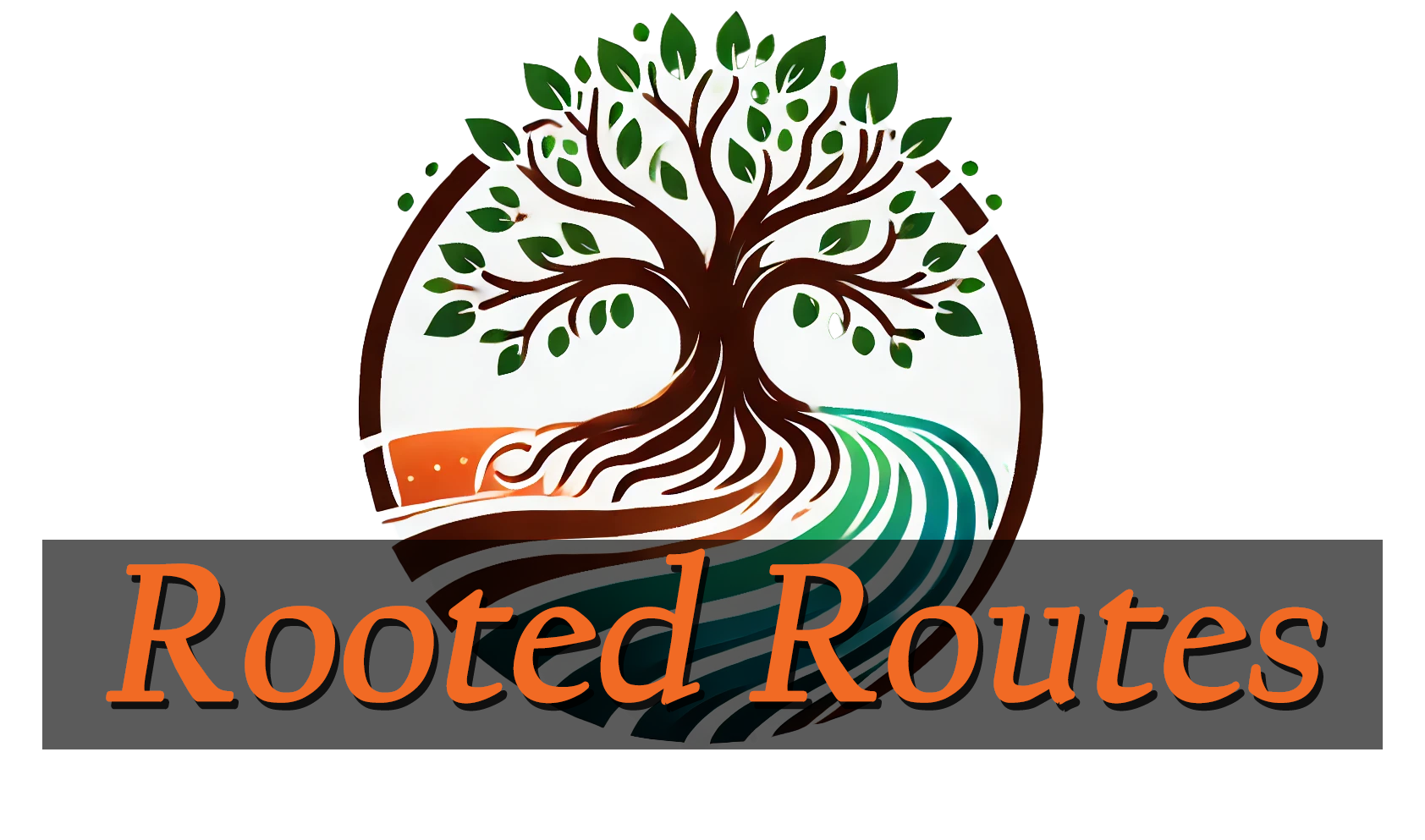At first glance, it sounds like a beautiful story. A woman born in the U.S. with Ghanaian roots decides to reconnect with the land of her ancestry. She buys a vast plot of land in Ghana with a vision to build a community…. not just for herself, but for others like her.
People from the African diaspora… people with shared heritage, but often complicated histories. People looking for more than just vacation photos or cultural tours. People who want a place to belong. A place that actually feels like home.
She calls it a “diaspora center.”
The plan? Subdivide the land and offer plots to others in the diaspora who want to join her. She wants to build a community by and for those who’ve spent their lives in the in-between… too African for the West, too Western for Africa.
But what started as a ‘feel-good story’ of return and reconnection has quickly become something more layered. More complicated.
Some locals are asking tough questions. And honestly? They’re not wrong to.
One person put it plainly: “I thought they came home to build with us. Why are they choosing to live separately from us?” It’s a fair point.
What does it mean to “return home” only to create a separate space within the very place you call home? Is this about safety? Or is it about comfort? Familiarity? Or is it an unconscious replication of the same systems many say they’re trying to escape?
Another person asked: “As a Ghanaian, will I be allowed to live in this community too?” Another fair question. It gets to the heart of something deeper: inclusion, identity, and whether belonging is truly being offered or just being rebranded.
The tension between Africans and African Americans isn’t new. It’s shaped by history, media, migration, and mistrust. There’s admiration, of course, but also misunderstanding. Curiosity but also assumptions.
Many African Americans visiting or relocating to the continent are searching for a sense of belonging that the West has denied them. And many Africans, in turn, are watching their return with a mix of pride, caution, and at times, skepticism. Because while heritage may be shared, the experience isn’t.
Some defenders of the project say: “But Asians do this all the time. So do Europeans. Nobody says anything.” And they’re right. Across Africa, you’ll find quiet enclaves… Lebanese communities, Chinese compounds, gated estates built by Europeans. They exist, often without question.
So why does this one spark debate? Maybe because the people building it look like us. Maybe because we expect something different from those who call us family. Maybe because when a white person builds a gated community in Africa, it’s disappointing. But when someone from the diaspora does it, it feels personal.
There’s also a long history of exclusion on this continent (from colonial segregation to economic inequality) that still shapes how access and identity are perceived today.
And yet, maybe this initiative isn’t about exclusion. Maybe it’s about familiarity. About recreating a sense of safety and structure for people who’ve always felt like guests in every place they’ve called home.
Maybe it’s about healing.
But healing doesn’t happen in isolation. Or can it? I’m not so sure.
If this community becomes a bridge… welcoming locals, integrating culture, building shared systems, then maybe it’s a new model for return, one rooted in respect and understanding.
But if it becomes a bubble, a replica of foreign habits dressed in African aesthetics, then it risks becoming another version of the very separation many claim to resist.
So the question isn’t just, “Should people be allowed to build their own spaces?” The real question is:
Can we build together without building apart? Can a return “home” include everyone already there? Can we reconnect without recreating division?
Because the dream of return should never come at the cost of community. And the promise of home should never feel like it has a door some can’t open.
